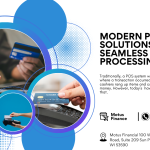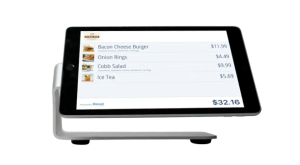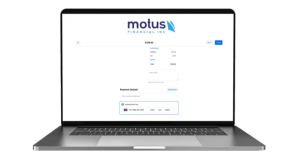Wrapping up the Credit Card Calendar year
With the end of the year approaching, many merchants are calculating and reviewing their year-to-date expenses; including those related to accepting credit cards. While it is important to review this information regularly, there are times when the review of the statement is not on the top of every one’s list. As you gather the information, here are some key points to look for on your monthly merchant statement:
- Identify fees or expenses that you can control. Most payment processors now charge merchants for not being in compliance with industry regulations (a Non-PCI Compliance Fee). This fee can range from $5.00 per month to $35.00 per month; other organizations charge an annual fee of $75.00 to $150.00. To eliminate this type of fee, you can work with your current provider to become PCI compliant or fill out the self-assessment questionnaire (SAQ) on your own. Once compliant, the fee should be removed (in some cases reimbursed) by your payment processor. Please remember, some payment processors also charge a fee to manage the compliance process, which is typically lower than Non-PCI Compliant Fees, but aggravating nonetheless.
- Review the fees that you pay for debit cards. In October 2011 the U.S. Government started to regulate the interchange rates on certain debit card transactions, these are commonly referred to as Regulated Debit Transactions. The new rates that your processor pays in interchange was reduced to $0.05% and either $0.21 per item or $0.22 per item for a majority of debit card transactions. You might like to review and see if these savings were passed along to you.
- Review the fees that you pay that are not related to the actual processing of a transaction. Review your monthly support fee, statement fee or other fees that are billed to you on a monthly basis. These fees have risen over the past couple of years and it is imperative that you have an understanding of why the fee was incurred and whether it can be avoided or reduced.
Payment acceptance and the understanding of fees associated with credit and debit card acceptance becomes more complex each year. Finding a payment processing partner that you trust is imperative. Your payment processing partner should work with you to control expenses, offer alternative processing solutions to ensure you have the most effective solution, and meet with you on a regular basis to ensure their offering complements the direction of your business.
While you will not be able to reduce all of your expenses associated with the acceptance of credit and debit cards you may be able to control certain items. By reviewing your merchant statement on a regular basis, you are taking fiscal responsibility for your organization – which you will surely benefit from in the end.




 Our POS systems are designed to streamline in-store transactions. With features like inventory management, sales reporting, and customer tracking, our POS solutions help you run your business more efficiently. Our terminals are compatible with various payment methods, including chip cards, contactless payments, and mobile wallets.
Our POS systems are designed to streamline in-store transactions. With features like inventory management, sales reporting, and customer tracking, our POS solutions help you run your business more efficiently. Our terminals are compatible with various payment methods, including chip cards, contactless payments, and mobile wallets.




